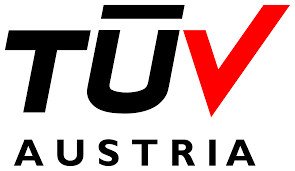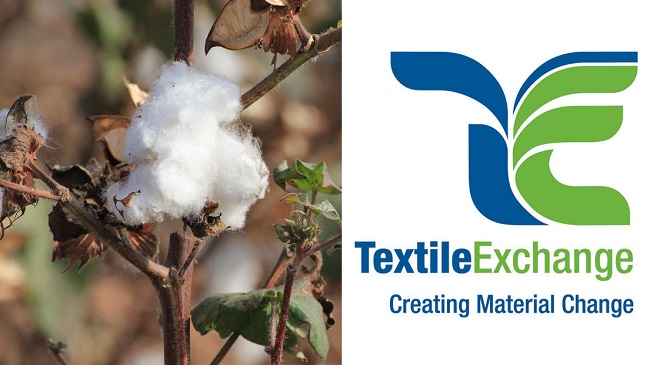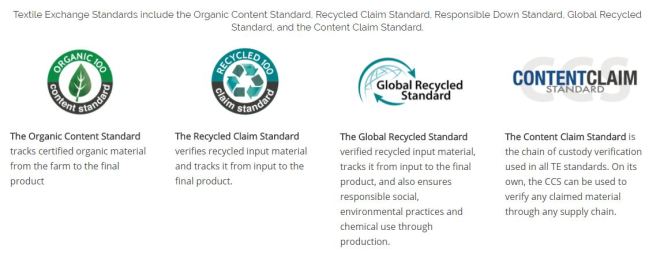
KNA COOPERATED WITH TUV AUSTRIA HELLAS ON AUDITING FSC STANDARDS IN VIETNAM
After time of exchanging and discussing, KNA CERT has successfully signed a cooperation agreement with TUV Austria on FSC/CoC certification services. Accordingl...
The Introduction of Textile Exchange Organization
Textile Exchange is known as a global non-profit organization in textile industry. Their members join hands together with the aim of promoting the conversion of industries in reference to silk, yarn and ensuring their integrity as well as establishing a responsible supply chain network. Textile Exchange's members determine and share information, the best method of cultivation or production and product traceability in supply chain with each other with a view to reducing textile impacts on water, soil and air environment, human beings in the world.

This organization was established in 2002 in Texas with employees and members in 11 countries in the world. There were 25 participating organizations as members of Textile Exchange.
New members have engaged in sustainable activities or come up with a strategy to the subsequent level. Their members embrace textile vendors, service vendors, producers, brands, retailers and households.
MISSION
Textile Exchange inspires and provides everyone with the aim of developing sustainable practices in textile value chain. They concentrate on reducing harmful impacts of global textile industry and maximizing its positive ones.
APPROACH
Textile Exchange's appearance promotes textile development on the whole supply chaine through partnership and cooperation. They continue converting their own influences into actions, changes.
TEXTILE's GOALS.
VISION
Textile Exchange desires to develop a global textile industry to protect the environment and improve life quality.
HISTORY
Organic Exchange was established in 2002 as Textile Exchange's precursor, it's a global non-profit organization in charge of working togethter with all factors of textile supply network. Textile Exchange determines and shares the best methods of agriculture, materials, processing and traceability to create positive impacts on water, soil, air, animals and population. Participating members cover 210 companies and organizations in more than 25 countries.
Textile Exchange provides necessary knowledge and tools to improve considerably three core fields: Fiber and Materials, Integrity, Standards and Provision Network. They have developed vitally industrial standards, including Organic Content Standard, Content Claim Standard, Recycled Claim Standard and Global Recycled Standard.
Textile Exchange extented further from the emphasis on organic cotton only in 2010 to the inclusion of sustainable other yarns like lyocell and polyester. This action aims at developing approach to investment portfolios of brands and retailers for their application at the stategic level.
While the name of organization changed to reflect its extension, it's necessary to fully focus on the expansion of organic fibres' use in textile exchange as a solution to deal with poverty, biodiversity and food security.
SOME STANDARDS

OCS: Organic Content Standard
GRS: Global Recycled Standard
RCS: Recycled Claim Standard.
RDS: Responsible Down Standard.
